JEDDAH: For many Saudis, the holy month of Ramadan is not only a time to rejuvenate spiritually, but also an opportunity to start small businesses and share the tastes of local culinary treats.
During the month, good, affordable snacks may be found at stalls in Al-Balad historic district in Jeddah and other Ramadan markets and residential areas, where Saudis and visitors can take in the festive mood of Ramadan.
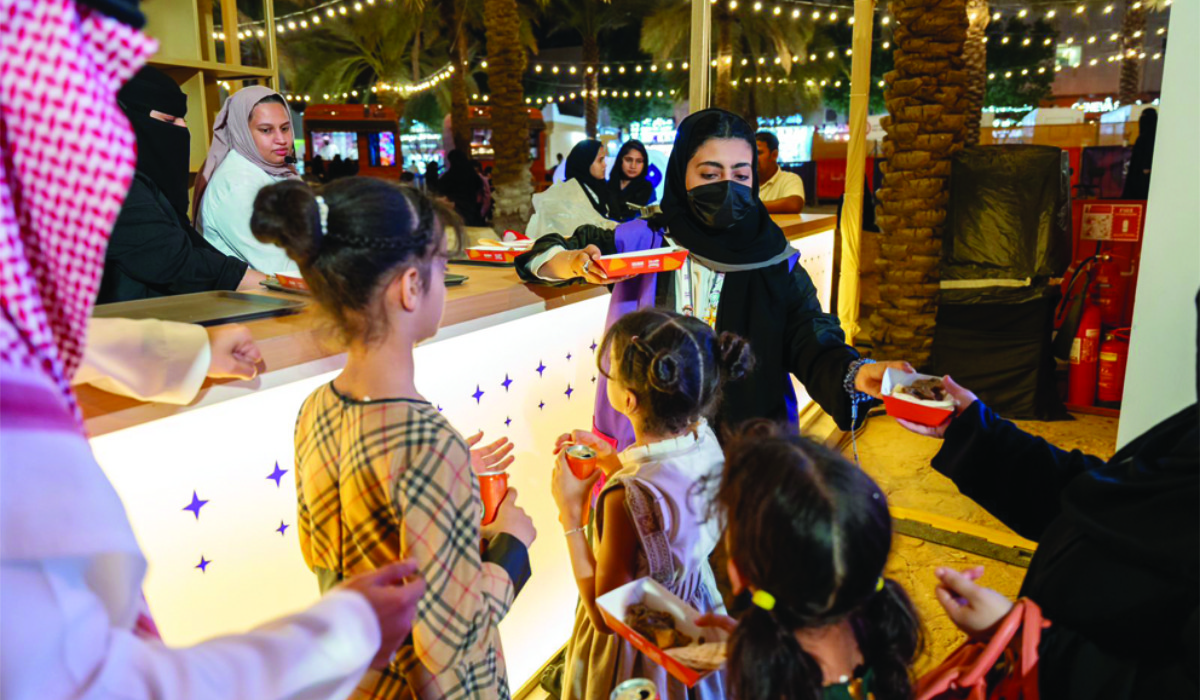
During the month, thousands explore festivities in Al-Balad historic district in Jeddah and other Ramadan markets that also offer popular regional snacks and dishes. (Ramadan Season/Supplied)
The main draws are the vendors serving a range of street cuisine and regional specialties, such as kibda (fried liver) and balila (boiled chickpeas with cumin, vinegar, pickled cucumber and other spices), as well as traditional Ramadan drinks, particularly sobya (made from barley, dried bread, raisins, sugar, cardamom, and cinnamon).
These stands have grown to be a well-known aspect of the holy month and they offer seasonal opportunities to business owners hoping to capitalize on the throngs of people that fill the streets throughout the night.
HIGHLIGHTS
• Among food items popularly sold at Ramadan markets are kibda, balila and traditional Ramadan drinks like sobya.
• The food stalls offer seasonal opportunities to business owners hoping to capitalize on the throngs of people that fill the streets throughout the night.
• Hussain Al-Malki, whose stall is known for its Hijazi food, said he appreciates the chance to interact with people during Ramadan.
They are also an important means of earning revenue and give Saudi entrepreneurs the chance to showcase their expertise to a wider, eager audience.
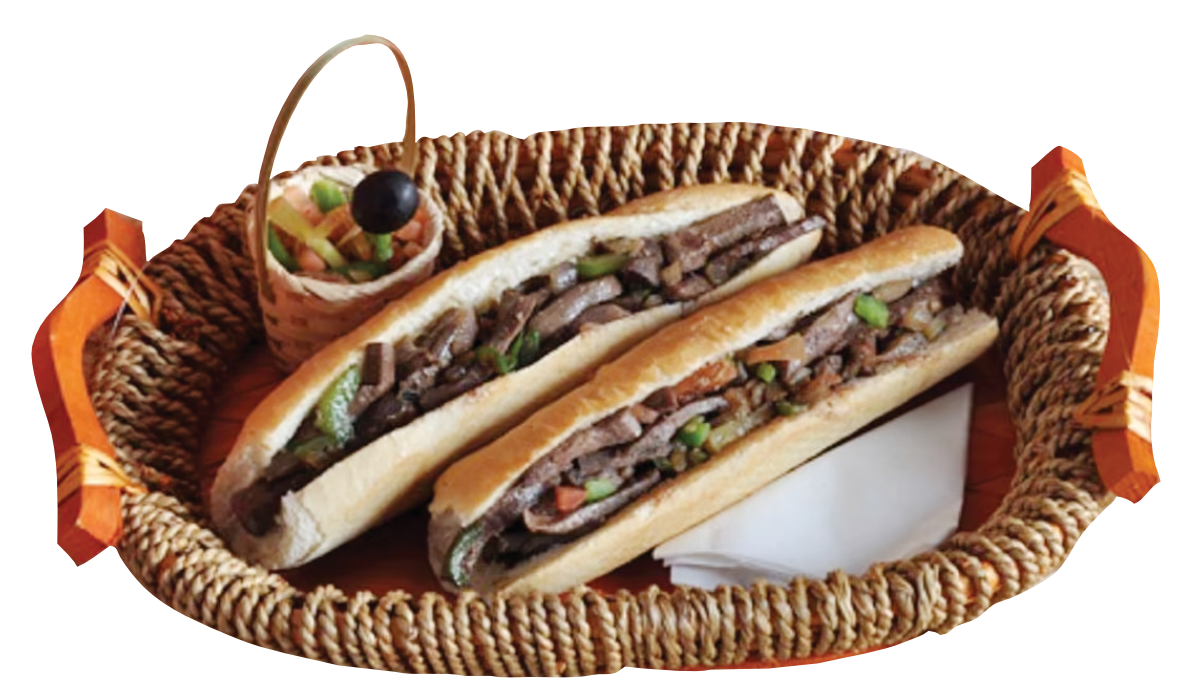
During the month, thousands explore festivities in Al-Balad historic district in Jeddah and other Ramadan markets that also offer popular regional snacks and dishes. (Ramadan Season/Supplied)
Hussain Al-Malki, a 42-year-old father of four, runs a balila and kibda stand in one of the streets of Al-Zahra district. Al-Malki, whose stall is known for its Hijazi food, expressed how much he appreciates the chance to interact with people during Ramadan.
Wearing traditional clothes, Al-Malki and his business partner Hussain Abu Taleb took a break from their government jobs in Jeddah to run the stand. The duo stated that they had wanted to run their own business and had come up with the idea of a food stand in Ramadan.
It is a tough competition around here as you see many stalls around me, but, thanks to Allah, we get good money out of it which is good enough to keep me going.
Um Ahmed, Food stall owner in Al-Balad district
“It is an annual business for me and my partner in Ramadan … a long time ago we thought about doing something useful in Ramadan and we came up with the balila and fried liver stall,” Al-Malki said.
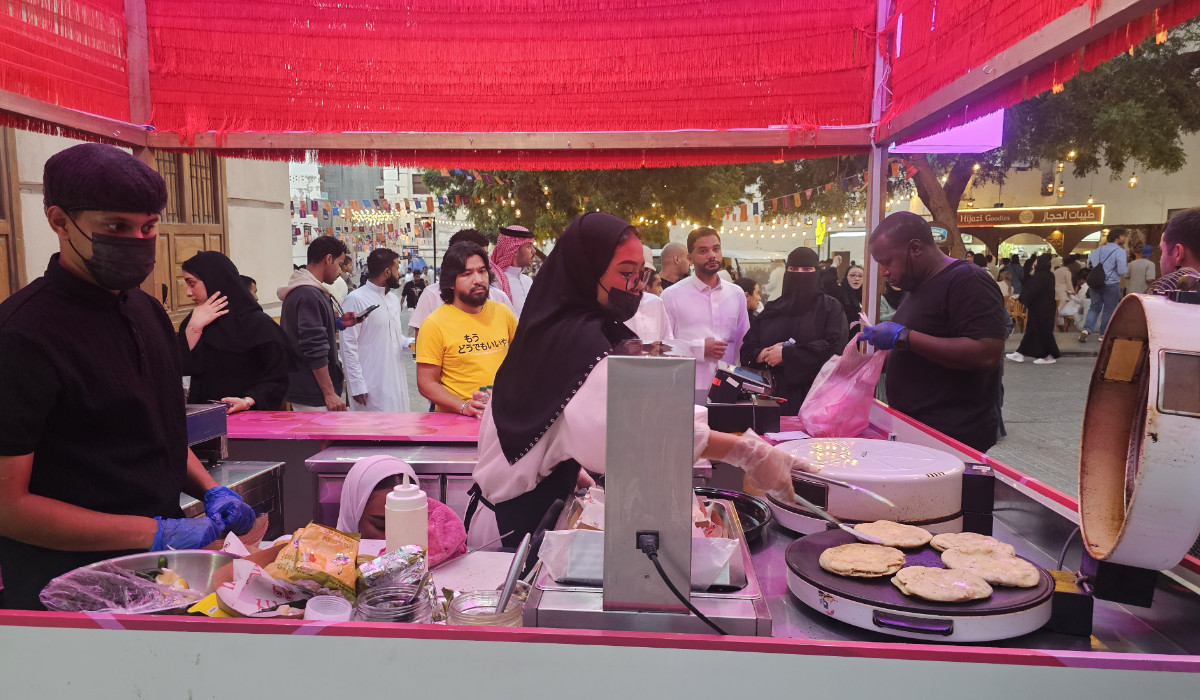
During the month, thousands explore festivities in Al-Balad historic district in Jeddah and other Ramadan markets that also offer popular regional snacks and dishes. (Ramadan Season/Supplied)
“Alhamdulillah, it is a great business and we make a good money during the blessed month,” he added.
On another corner in Rawdah district, hardworking young boys Basem Al-Mutabagani, Hamid Turkistani and Imad Al-Fadel sell potato fries — a simple yet classic snack that never goes out of style and continues to attract customers.
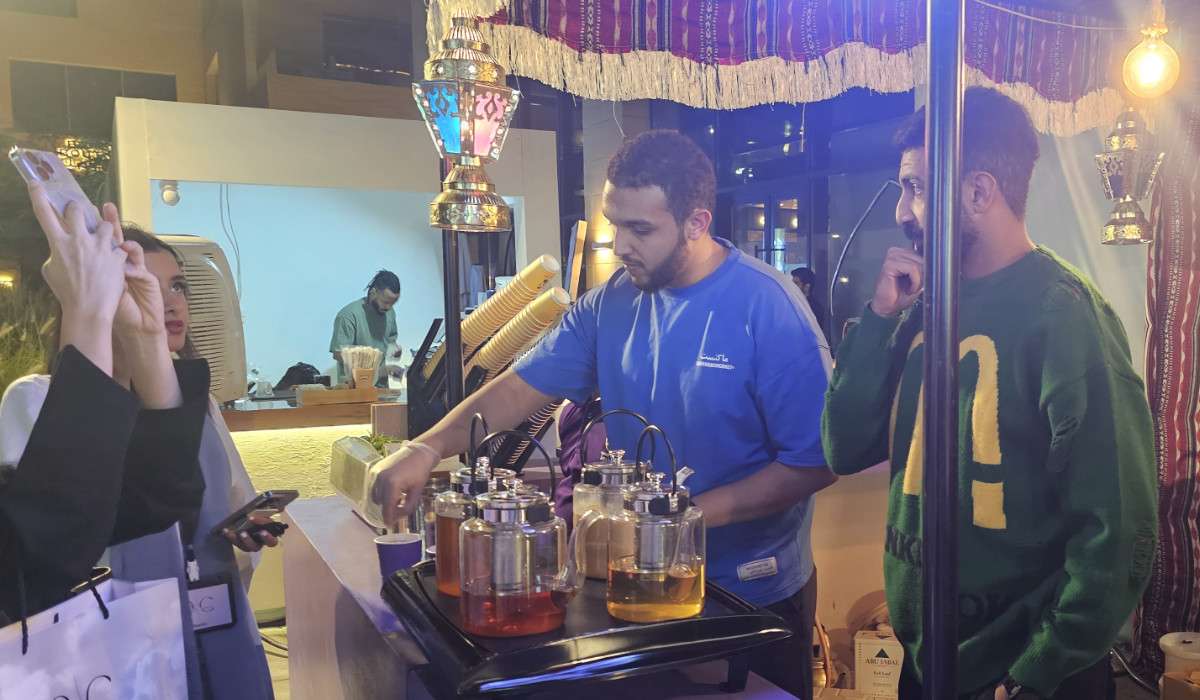
During the month, thousands explore festivities in Al-Balad historic district in Jeddah and other Ramadan markets that also offer popular regional snacks and dishes. (Ramadan Season/Supplied)
“We found that the potato stall was the best additional source of income because there is a large demand for potatoes and people rush to buy them during Ramadan,” said Al-Mutabagani.
The three young sellers come to the Ramadan market right after Isha prayers and leave around 3 a.m. This Ramadan was their second year managing the stand, and their ambitious energy has resulted in some show of creativity with potato as their star ingredient. “Every year we try to add a new spirit to the stall by adding cheese or various sauces to potatoes and people really like it,” he said.
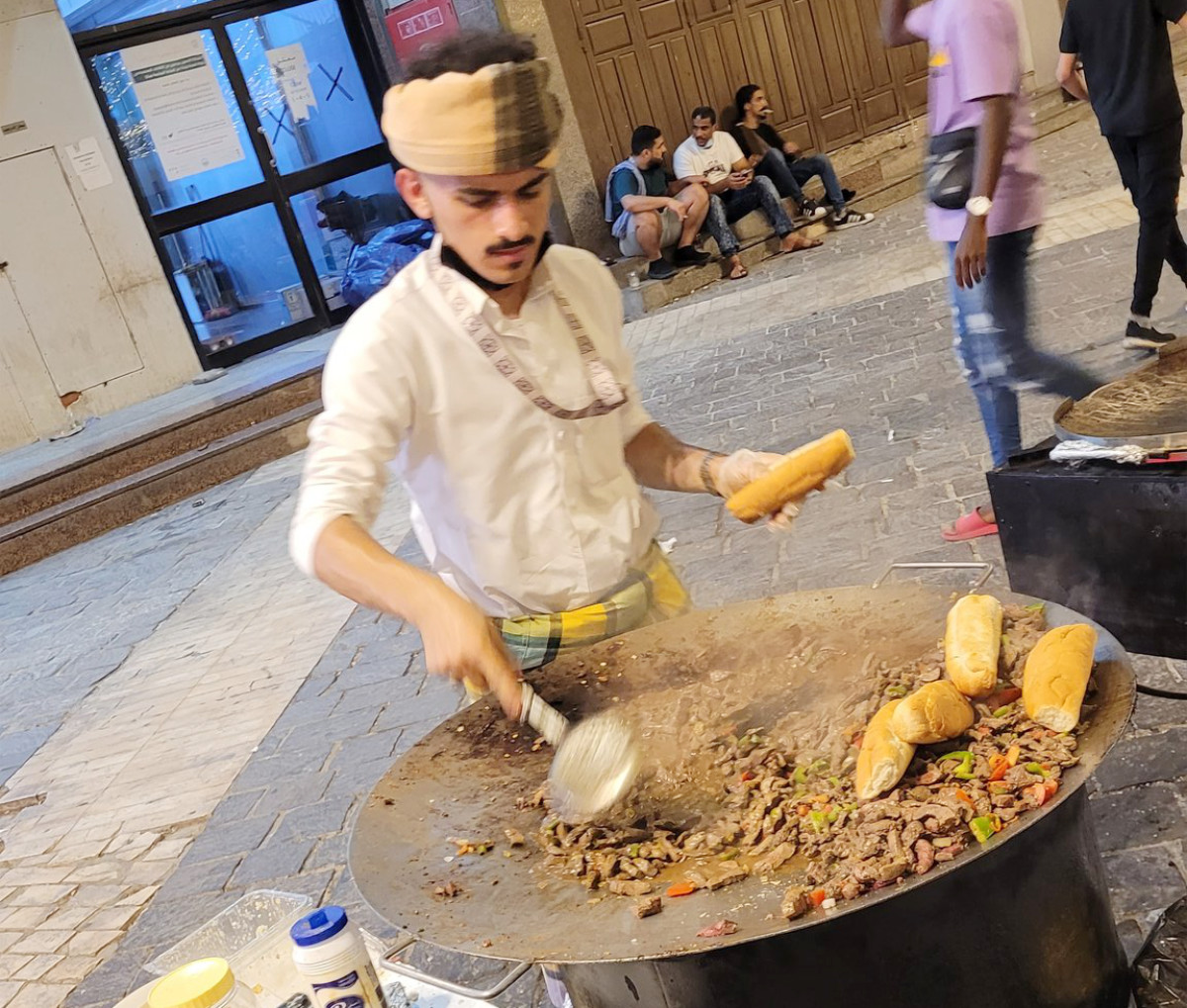
During the month, thousands explore festivities in Al-Balad historic district in Jeddah and other Ramadan markets that also offer popular regional snacks and dishes. (Ramadan Season/Supplied)
Many Saudi women can also be seen selling flavorful items like balila, kunafa, potato dishes and kibda in Jeddah’s historic Al-Balad district, which is a Ramadan Season hotspot.
One such seller, Um Ahmed, and her daughter welcome customers to their food stand located amidst a long line of stalls. She told Arab News that she appreciates the opportunity to make the extra money and noted that it is her first year in Al-Balad selling balila and potato items.
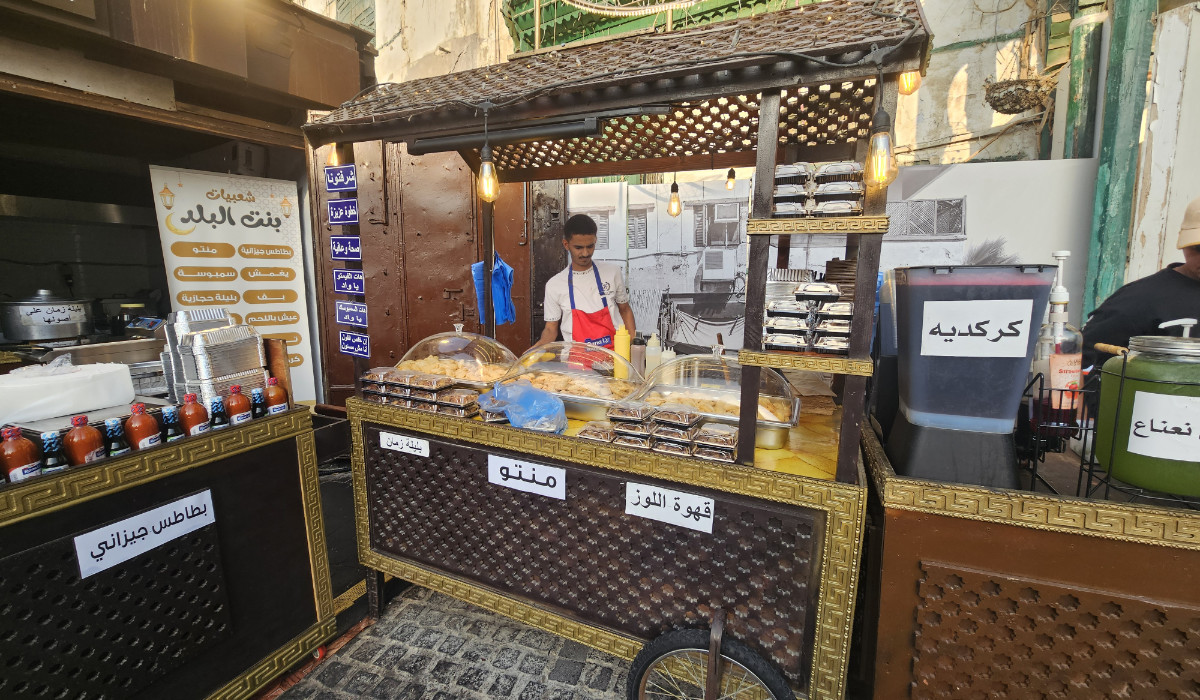
During the month, thousands explore festivities in Al-Balad historic district in Jeddah and other Ramadan markets that also offer popular regional snacks and dishes. (Ramadan Season/Supplied)
“I think people are more comfortable buying food that is prepared by women as they are more particular about cleanliness,” she noted.
“My preparation starts at home and then after Maghrib prayer, I go to Al-Balad to start preparing my food stuff and clean my stall. It is a tough competition around here as you see many stalls around me, but, thanks to Allah, we get good money out of it which is good enough to keep me going,” she said.
Thousands of visitors explore Al-Balad each day since the beginning of Ramadan, and Um Ahmed and other women managing stalls say they stay busy all through the night.
















